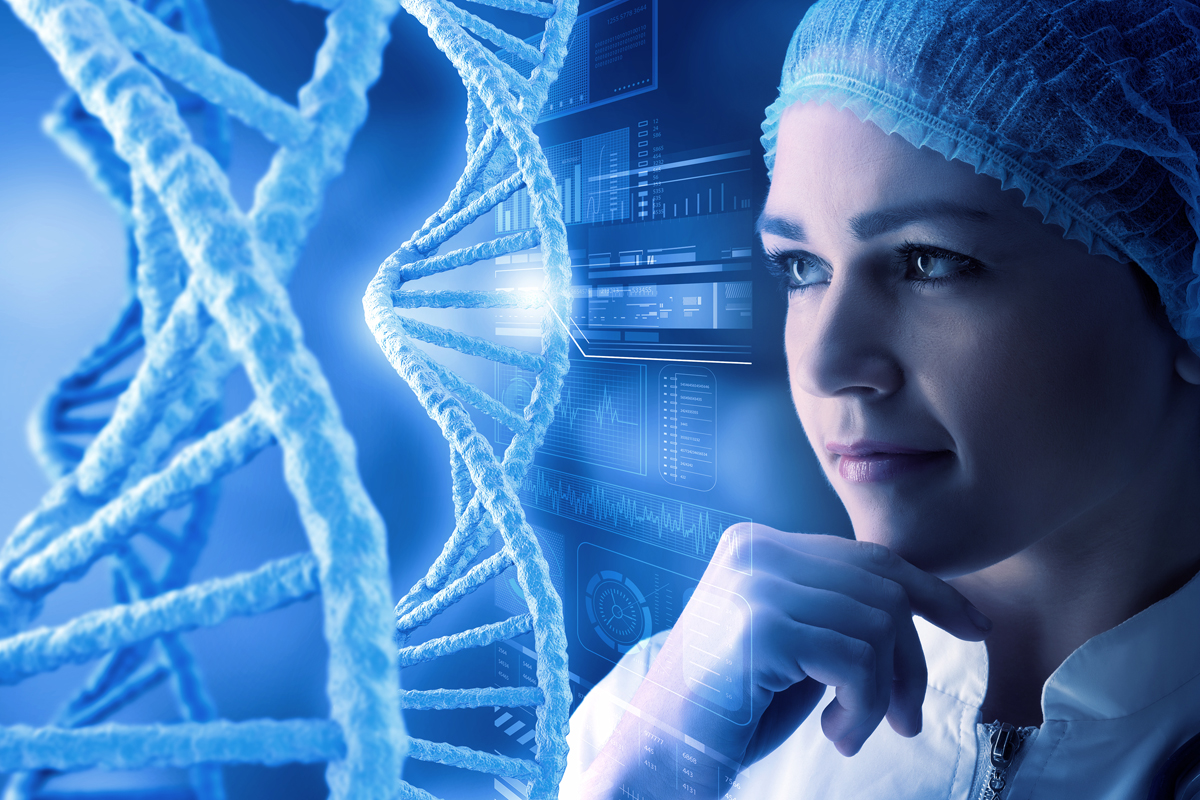IVF treatment with PGD/PGS might be an option for infertile couples who, despite all efforts, have still not become pregnant and whose diagnostic findings seem to be linked to the failure. However, the option is only available for couples who meet all the medical and legal requirements.
Basically, there are two terms for the aforementioned investigations, though referring to two distinct techniques (for more details see “links”). On the one hand, there is “Pre-Implantation Genetic Diagnosis” (PGD) – in German-speaking countries also referred to as “Pre-Implantation Diagnosis” (PID). On the other hand, there is “Pre-Implantation Genetic Screening” (PGS). These are analytic diagnostic procedures that may, for instance, be used in cases of individuals who are known carriers of a genetic disorder and/or have a history of a genetic disease in the family, recurrent miscarriage or multiple failed IVF attempts.
This underlines the importance of ensuring comprehensive consulting and clarification of the couple’s initial situation by an experienced medical specialist. Dr. Maximilian Murtinger, Medical Director of the IVF Centers Prof. Zech – Bregenz, is familiar with the questions that preoccupy the couples concerned:
“How can genetic testing help our IVF treatment?”
Dr. Murtinger: Within the framework of fertility treatment, PGD/PGS can help detect and/or exclude a possible genetic disorder affecting the embryo before pregnancy occurs. This means that the appropriate examination is made before the embryo is transferred to the uterus. This approach can help increase the chances of an intact pregnancy resulting in the birth of a healthy child. In addition, genetic testing is also intended to avoid, where possible, traumatic experiences with sometimes far-reaching consequences (e.g. miscarriages) for the concerned women and their families.
“What are we going to talk about during the consultation at the IVF Center?”
Dr. Murtinger: During genetic counseling, the treating doctor informs and advises the couple about the legal and medical requirements. In addition, we will discuss the risks and costs involved as well as the sequence and duration of a possible IVF therapy with genetic diagnosis. Depending on the examination method (PGD/PGS) and the legal situation, it may be necessary for the couple to have additional consultancy by a human geneticist.
“Is it true that our situation and the respective treatment must be assessed and approved by a panel of experts?”
Dr. Murtinger: Depending on the examination method (PGD/PGS) and the legal situation, an ethics committee must be called in (e.g. PGD in Germany). Either the requested genetic investigation will be approved, or the requirements have not been met and the couple may decide to undergo IVF treatment without genetic testing or to get in touch with the IVF Centers Prof. Zech.
“What happens in the genetics laboratory?”
Dr. Murtinger: Prior to the genetic analysis, cell material is removed from the embryo (fertilized oocyte) during a particular stage of its development. This procedure is referred to as ‘biopsy’. The embryo in question will be cryopreserved and stored safely for the duration of the genetic investigation. Genetic testing is carried out in a specialized laboratory whose competence has been assessed according to the prescribed norm. This implies that the analysis and the evaluation of the results are carried out by suitably-qualified specialists.
“What happens once the laboratory result is available?”
Dr. Murtinger: Depending on the findings, the doctor gives a recommendation as to whether or not the investigated embryo should be transferred to the woman’s uterus. Additionally, the related risks as well as possible alternatives will be discussed once again with the couple. The couple might be required to have counseling by a human geneticist. It’s up to the couple to decide on the next steps to be taken.
“What are our chances of achieving a pregnancy resulting in the birth of a healthy child?”
Dr. Murtinger: PGD/PGS are complex analytical procedures which can, however, never ensure a diagnostic accuracy of 100% and therefore cannot provide any guarantee for a subsequent successful pregnancy. Just like prenatal diagnostics, PGD/PGS are aimed at reducing the likelihood of having a child affected by a genetic disorder. However, not all types of genetic malformations can be investigated in advance.
Links:
» PGD, PGS, PID, PGT … Terms for Genetic Diagnostic Methods in Fertility Treatment
(Post | https://www.fertility-treatment-blog.com)
» Genetics in the context of fertility treatment
(Topic-Special | https://www.fertility-treatment-blog.com)
(Start page | https://www.fertility-treatment-blog.com)
(Page | https://www.fertility-treatment-blog.com)
















